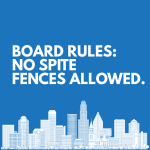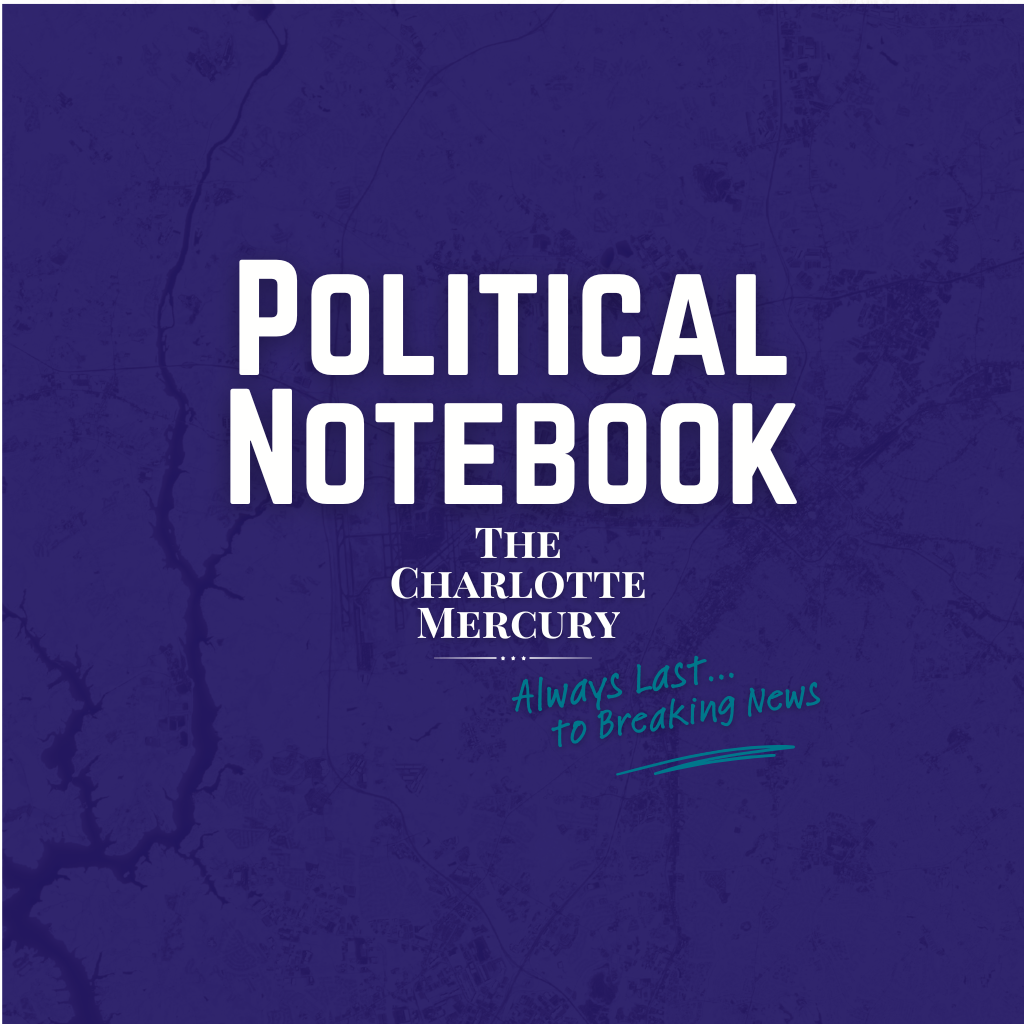Elections Board Appeals to Keep Supreme Court Race Case in Federal Court
North Carolina’s state elections board is appealing a federal judge’s decision to send the disputed Supreme Court election case back to the state Supreme Court. On Tuesday, attorneys for the board filed an appeal with the Fourth Circuit Court of Appeals, arguing the case raises federal legal questions and belongs in federal jurisdiction.
At stake is the razor-thin election between Democratic incumbent Justice Allison Riggs and Republican challenger Judge Jefferson Griffin. Riggs holds a 734-vote lead confirmed by two recounts. However, Griffin is contesting over 60,000 ballots, alleging irregularities tied to voter registration and absentee voting procedures.
Key Developments in the Case
- Judge’s Ruling: On Monday, U.S. District Court Judge Richard E. Myers II, a Trump appointee, ruled in favor of Griffin, remanding the case to the state Supreme Court. Myers cited “state sovereignty” as the basis for his decision.
- Elections Board’s Response: The state elections board swiftly filed an appeal with the Fourth Circuit, arguing the case involves federal law, including protections under the federal Help America Vote Act (HAVA).
- Griffin’s Allegations: Griffin claims thousands of voters registered using forms that predate HAVA’s requirements for a Social Security number or driver’s license. He also challenges absentee ballots cast by military and overseas voters, arguing some lacked required documentation.
- Legal Protections for Voters: Both state and federal laws explicitly allow voters without Social Security numbers or driver’s licenses to register and vote using alternate forms of identification. Military and overseas voters are exempt from certain ID requirements under state law.
Background: What’s at Stake
This legal battle isn’t just about one Supreme Court seat. It also tests how federal and state laws interact in ensuring fair elections. Riggs’ supporters argue Griffin’s challenges risk disenfranchising eligible voters, while Griffin’s team insists the disputes involve state-specific election law.
“State law clearly incorporates federal protections under HAVA,” said a spokesperson for the elections board. “Disenfranchising thousands of voters over clerical issues or exemptions would set a dangerous precedent.”
Griffin is also contesting ballots from overseas voters, including children of missionaries and military personnel who have never resided in North Carolina. State law protects these voters’ eligibility, aligning with federal safeguards for overseas citizens.
Next Steps
The Fourth Circuit Court of Appeals will now decide whether to keep the case in federal court or allow the state Supreme Court to take over. Meanwhile, the state elections board is preparing to certify the election results Friday unless a court intervenes.
For Riggs, this certification would confirm her win and extend her term on the state’s highest court. For Griffin, the Fourth Circuit’s decision could be the last opportunity to overturn the election outcome.
A Word from Our Sponsor 🚘
This article is brought to you by Joe Maus Chevrolet, your trusted destination for lifetime warranties and competitive pricing. Drive with confidence—why buy anywhere else? Visit Joe Maus Chevrolet on Highway 521 Bypass South in Kershaw or call 803-369-8234.
About Jack Beckett ☕
When I’m not chasing stories, I’m chasing the next cup of coffee. Let’s talk news, elections, or Charlotte’s best brews on X (formerly Twitter).
More from the Charlotte Mercury 🌇
For all things Charlotte, check out cltmercury.com. From politics to real estate, we’ve got your Queen City stories covered:
- 🗳️ Politics
- 🏘️ Real Estate
- 💼 Business
- 🚔 CMPD
- 🏀 Sports
- 🎉 Things to Do
- 🌟 Lifestyle
- 📜 Zoning
- 🏛️ City Council
Stay informed and stay engaged with Charlotte’s top stories. ✨









